Transition Talks: Accommodations in Postsecondary Settings

A major challenge for students with disabilities is ensuring that appropriate supports and accommodations are in place after they exit high school and are no longer protected by the Individuals with Disabilities Education Act (IDEA). The Americans with Disabilities Act (ADA) and Section 504 of the Rehabilitation Act replace IDEA and protect individuals with disabilities from discrimination. The ADA and Section 504 guarantee equal access to environments and learning situations for individuals with disabilities who are otherwise qualified. Although the ADA prohibits discrimination against individuals with disabilities, an individual who requires accommodations in the workplace or college must self-disclose information about his/her disability and the need for specific accommodations. This is very different from the goal of promoting student success under IDEA and illustrates why self-advocacy and self-determination skills are critical for students with IEPS.
Students need to understand their disabilities, know what accommodations work best for them and how to advocate for their needs while in school if they are to be successful in postsecondary education and employment. Colleges have disability services available, but only for students who have documented their disability and requested services. Reasonable accommodations are available to qualified employees with disabilities, but they must first disclose information about the disability and the need for specific accommodations in order to be protected by the law. Students need opportunities to have input about what accommodations work best for them and learn how to advocate for themselves in all settings.
Spotlight
Job Coaching
Job coaches in Maryland’s local school systems support students with disabilities to develop employability and self-advocacy skills. This support helps students become independent workers and develop skills to maintain employment. Just as accommodations can make all the difference in the classroom, students with disabilities may also need specific accommodations in the workplace. Often the same type of accommodation used in a school can carry over into the worksite depending on the job and work environment.
Job Accommodation Network (JAN)
JAN is an information and consulting service funded by the U.S. Department of Labor that provide solutions for workplace accommodations. JAN helps people with disabilities increase their employability and shows employers how accommodations enhance the value and talent people with disabilities add to the workplace. Numerous resources and information about training events related to accommodations in the workplace are available on the JAN website.
Questions to Consider
- Where can I find information about workplace accommodations?
- What are our current practices to teach students self-advocacy skills that will promote independence and prepare them for college and career success.



